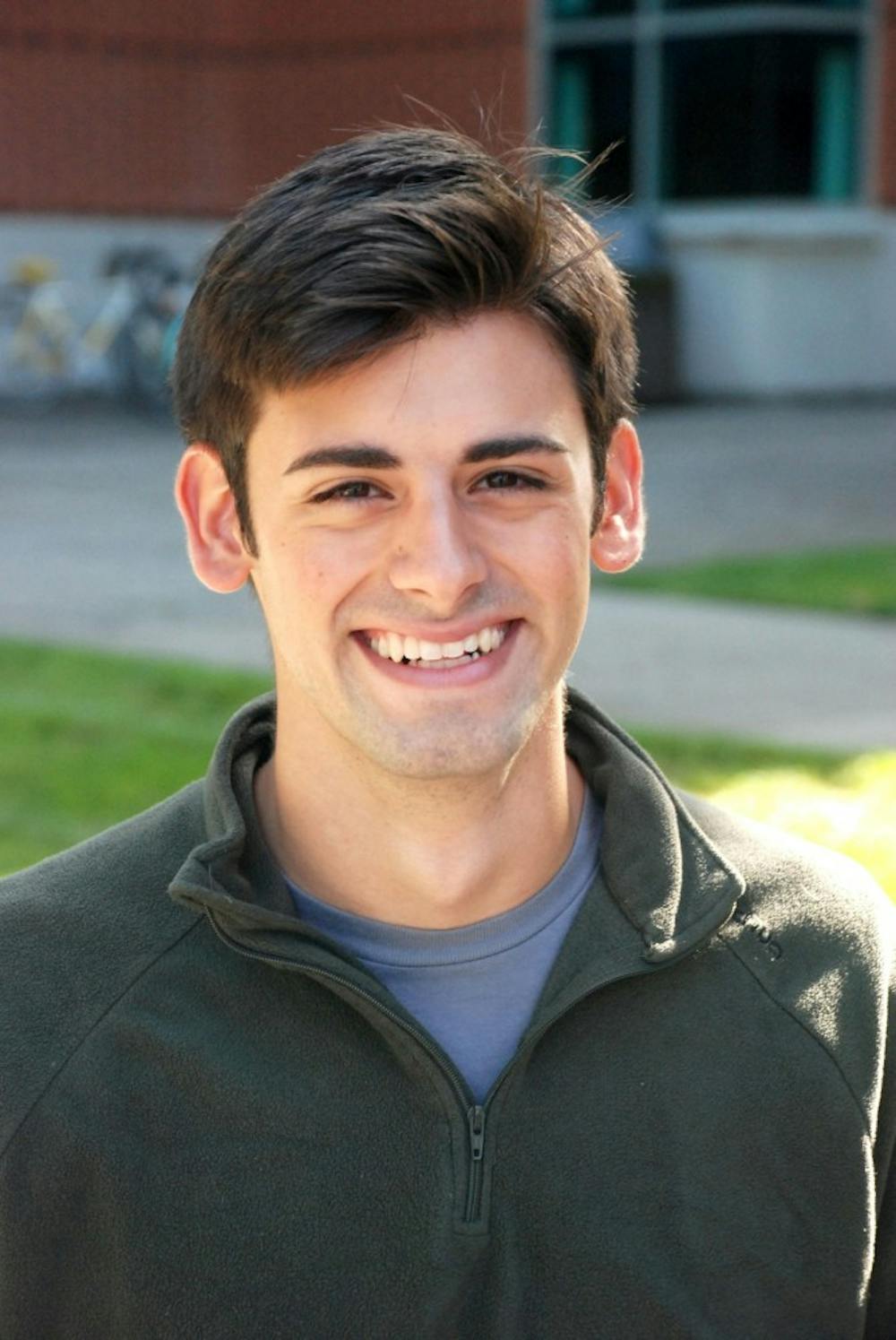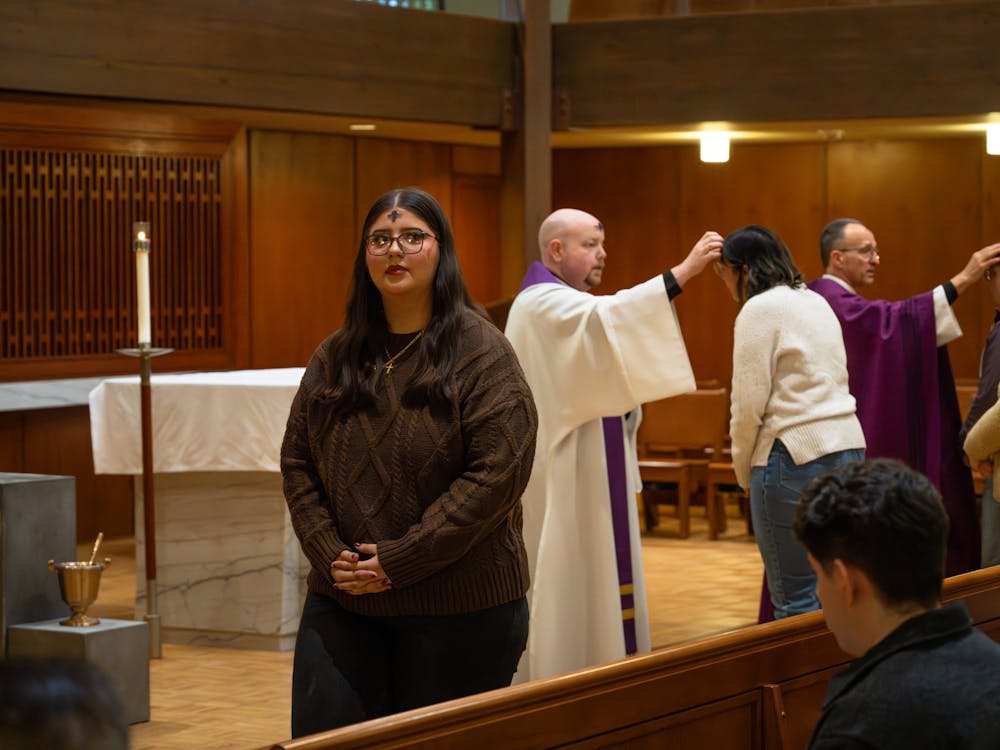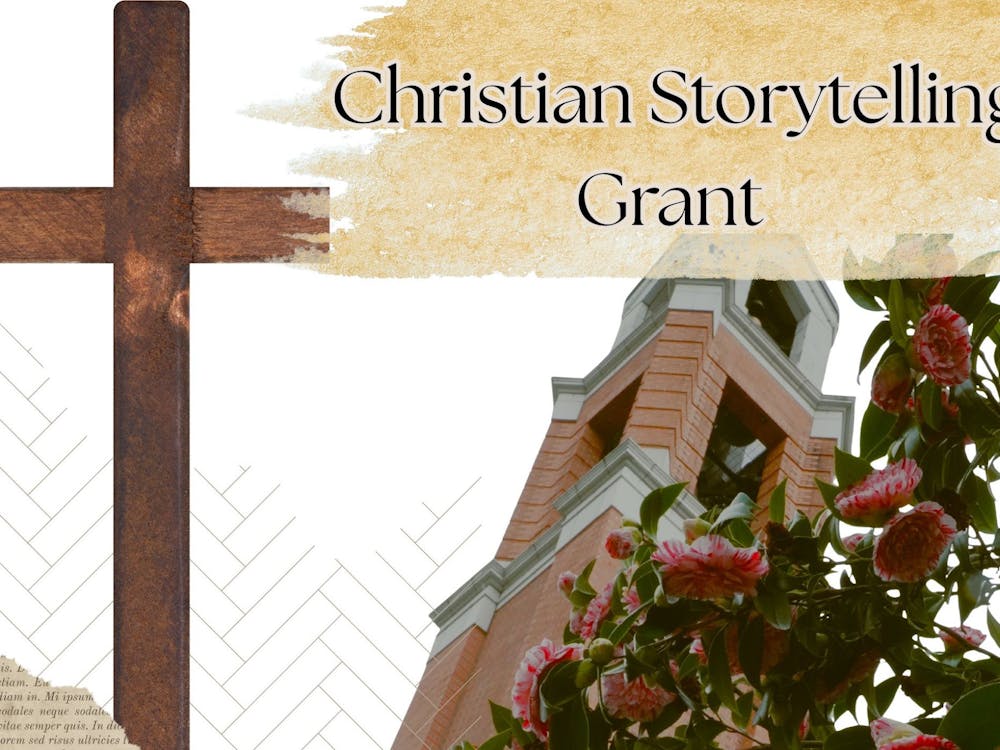Experiences on The Moreau Center’s Nicaragua Immersion gives student new perspectives
(-- The Beacon)
By Joe Starzl
My reasons for applying to the Nicaragua Immersion were, admittedly, less than altruistic. International travel, making new friends, practicing Spanish —even helping people — could arguably all be reduced to a single motivation: I went to feel good about myself. Perhaps I can only recognize my naïveté in retrospect. Lucky for me, Nicaragua is a forgiving teacher.
Much of our travel in Nicaragua was done via a chartered bus, through chaotic urban traffic and over rural dirt roads. I always tried to get a window seat.
On the way between our destinations I would peer out the glass at people and scenery rolling by, and from my air-conditioned perspective I made observations and judgments in an attempt to reconcile the differences this world had with my own: poverty and excessive government propaganda against the backdrop of beautiful landscapes. But I felt a recurring discomfort when my conclusions didn't match with the reality I discovered after stepping off the bus.
One example I vividly remember was a visit to a market in Managua. As the bus pulled up I could see austere stalls packed with a rich diversity of produce. I was excited to explore. We entered the market by squeezing through the densely packed stalls.
The atmosphere changed. Tin roofs overhead blocked out the morning's sunlight. Suddenly I was being pushed and pushing back against a crowd to make my way through cramped alleys flanked by canned food and dirty tables of butchered meat. A sour smell that evoked sweat, fish and urine was inescapable.
Those scenes stick out in my mind as a glimpse of how poverty can turn routine shopping into a hostile experience. The stress of bartering with opportunistic vendors and keeping my hand over my wallet lingered long after returning to the bus.
Afterward we visited a mall patronized by Nicaragua's economically privileged minority, in order to contrast the two. The mall felt very familiar, like a mall I could find back in the States. But the familiarity, rather than being comforting, left a grotesque impression.
That night, after group discussion and reflection, I went to bed with the irritation that comes with the inability to rationalize something. Although I had previously known about economic disparity, after that day's experience I couldn't come to terms with inequality the same way I had when it had merely been an abstract issue.
The market-mall exercise was only one of the first of many memories that left a meaningful impact. Or maybe it would be more apt to describe them as emotional scars. Some of the most important moments of the trip were spent listening to the stories of Nicaraguans and bearing witness to past and present suffering. Outrage and sadness would sometimes leave me feeling overwhelmed.
The solidarity shared during the trip was balanced; I also met people who embodied perseverance and hope. Even now it's difficult to articulate the sheer breadth of the trip. Yet looking back, it seems the good times provide a sharper contrast and highlight the painful times.
Beyond the activities and the group discussions, I kept returning to critical thoughts about my pre-trip expectations and ideas. The continuous pattern of realizing my own ignorance and forcing me to confront false but fundamental attitudes I held was not pleasant. As it turned out, this wasn't the sort of feel-good-about-myself trip I had envisioned.
The Nicaragua Immersion is a disruptive experience. I would guess that any push to open one's world view wider will always require some discomfort. While I did learn new information, the real value of the trip was taking what I already knew and turning it personal. It provided a context, both intellectually and emotionally, to my role as a global citizen and as a U.S. constituent. The end result was not some self-righteous pat on the back, but a deep dissatisfaction that spurred me to challenge my beliefs.
I'll end by saying that the Nicaragua Immersion was the single best educative experience I've had at UP - One of the most valuable things I'll take from college. But that's only because it didn't leave me feeling good about myself.
Joe Starzl is a senior German studies and philosophy major and can be reached at starzl12@up.edu.








